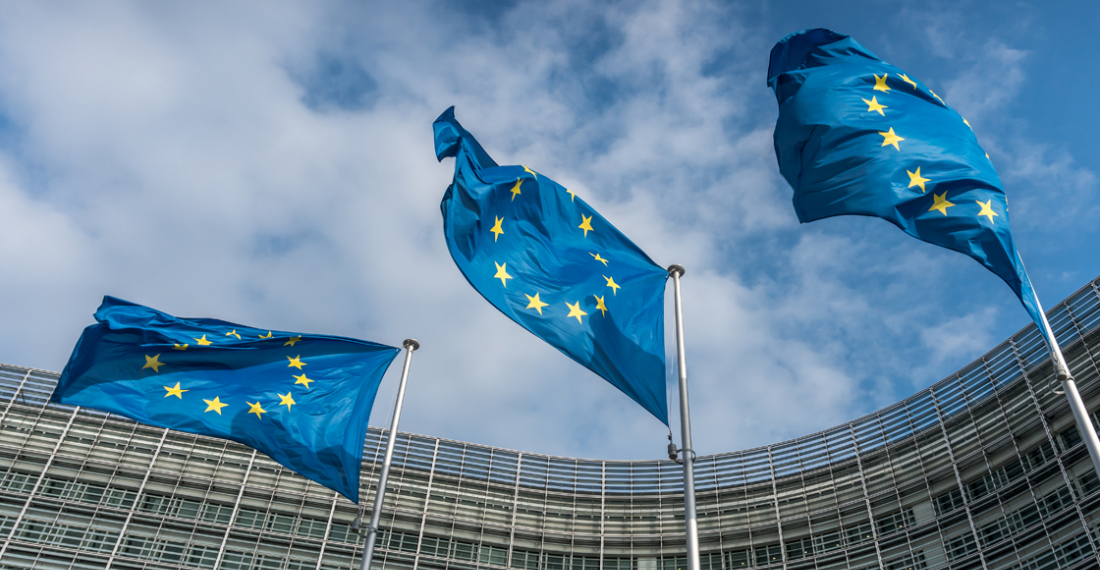The people responsible for organising the entry and transit of migrants and asylum seekers through Belarus must fear new sanctions from the European Union. On Monday (15 November), the EU unanimously agreed a new arsenal of sanctions aimed at those involved. However, the unanimous agreement between all European member states has to be worked out in detail before specific new sanctions come into force.
The sanctions aim to put an end to the practices of the President of Belarus, Aleksandr Lukashenko, who, according to the European ministers of foreign affairs, uses migrants and asylum seekers as a 'hybrid weapon' against the European Union. According to the EU ministers, Lukashenko attracts Iraqis and Syrians, among others, to Belarus and then sends them across the border to EU countries Poland, Lithuania, and Latvia.
The new sanctions can be used against people and organisations who cooperate in the "state-controlled smuggling" of human beings, which has resulted in thousands of migrants and asylum seekers being forced across the European Union's external border and thousands more stranded in the border region.
Foreign ministers warn that airlines, travel agencies, and others will be targeted if they do not wash their hands of Lukashenko's practices. According to the High Representative of the EU for Foreign Affairs and Security Policy, Josep Borrell, they may bring the new sanctions into play in the coming weeks and have provisionally listed about thirty names of those involved.






